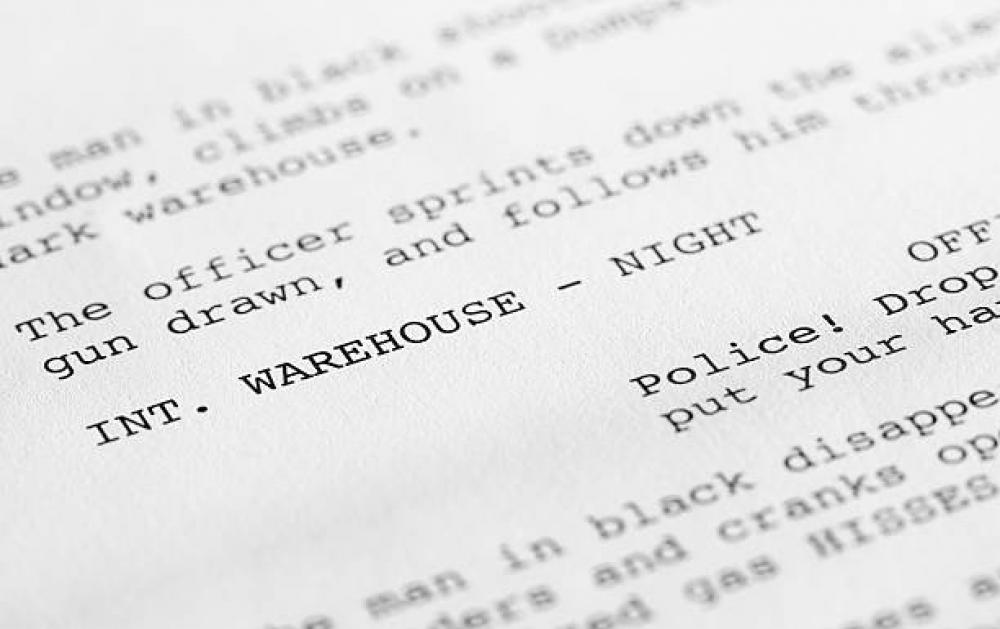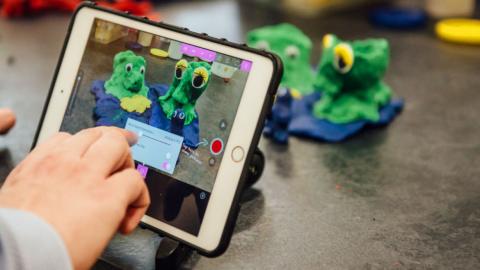7 Screenwriting Tips for Character Development and Great Protagonists
Share with friends

A great protagonist is interesting and multidimensional. Keeping these tips in mind will help you develop a character that resonates!
Great protagonists are the heart of a great story. They’re the emotional spine. They’re the vehicles that push the plot forward. They make the crucial decisions. They’re the ones that we root for. They’re the ones that we latch onto and keep in our memories. But these people, or creatures, or objects... (You know how it is — anything is possible in the world of film) aren’t perfect. They’re flawed, they make mistakes, and they go through rough patches just like the rest of us. A great protagonist is interesting, unique, relatable, and multidimensional — which is why the art of character development is so paramount.
So, how exactly do you go about developing a great protagonist and creating a character that resonates during the scriptwriting process?
Here are 7 helpful tips to keep in mind:
1) Inject Your Character with Flaws
No one is invincible. Everyone makes mistakes. The flaws that you give your character can be actual flaws or perceived flaws. (Maybe their flaw is that they think they have too many flaws!) Does anyone really ever have their lives in complete order? Even heroes have flaws, which is a huge reason why the films in the Marvel Cinematic Universe have worked so wonderfully.
2) Make Your Character Likable
Think of the things that draw you to someone... The things that make you feel a connection with someone. Or — the things that just straight up amuse you about someone. This doesn’t necessarily mean we have to want to hang out and eat pizza with our protagonist (although it doesn’t take much for me to grab some pizza), but we need to care about whether they fail or succeed, and we need to want to stick with them through the length of a film and to its conclusion.
3) Create Genuine Sympathy and Empathy
It’s important to give your character a rich backstory. They’ve been through some stuff. And maybe they’re still going through it. And maybe something bad happens to them along the way. And you know what? It should be all of these things. We need to feel for our characters and fear for our characters and hope that they’re going to be okay. Keep in mind that we can feel bad for them specifically because we relate — or specifically because we don’t relate. Maybe they’re dealing with something that we’ve also dealt with, or maybe they’re dealing with something that we can’t even imagine dealing with ourselves.
4) Contradictions and Complexities
People don’t always make sense. Our world doesn’t always make sense. People say one thing and do the another. People often go against their apparent values, for better or worse. People are complex and full of nuance. That’s what gives a protagonist dimension.
5) Internal and External Struggles
Protagonists have to be presented with both physical and emotional obstacles, as well as obstacles within themselves and obstacles with other characters. People usually don’t go through a single day without some sort of outside or inside struggle (and it’s usually all of these at once).
6) Dilemmas and Decisions
You can discover a lot about a character in how they react to each and every situation. Throw dilemmas and tough situations at them. Which road will they take? Are they rational or irrational? Do they make sacrifices? Do they make mistakes and then regret it later? What do they think is best?These are the blocks to building character.
7) Change
A protagonist should never stay stagnant. They learn new things along the way, they see the world in new lenses, and they take opportunities to do things that they normally wouldn’t do. People are capable of change, and our protagonists need to do the same.
These are all things that can help your protagonist develop into a great, memorable character. Happy writing, everyone!




